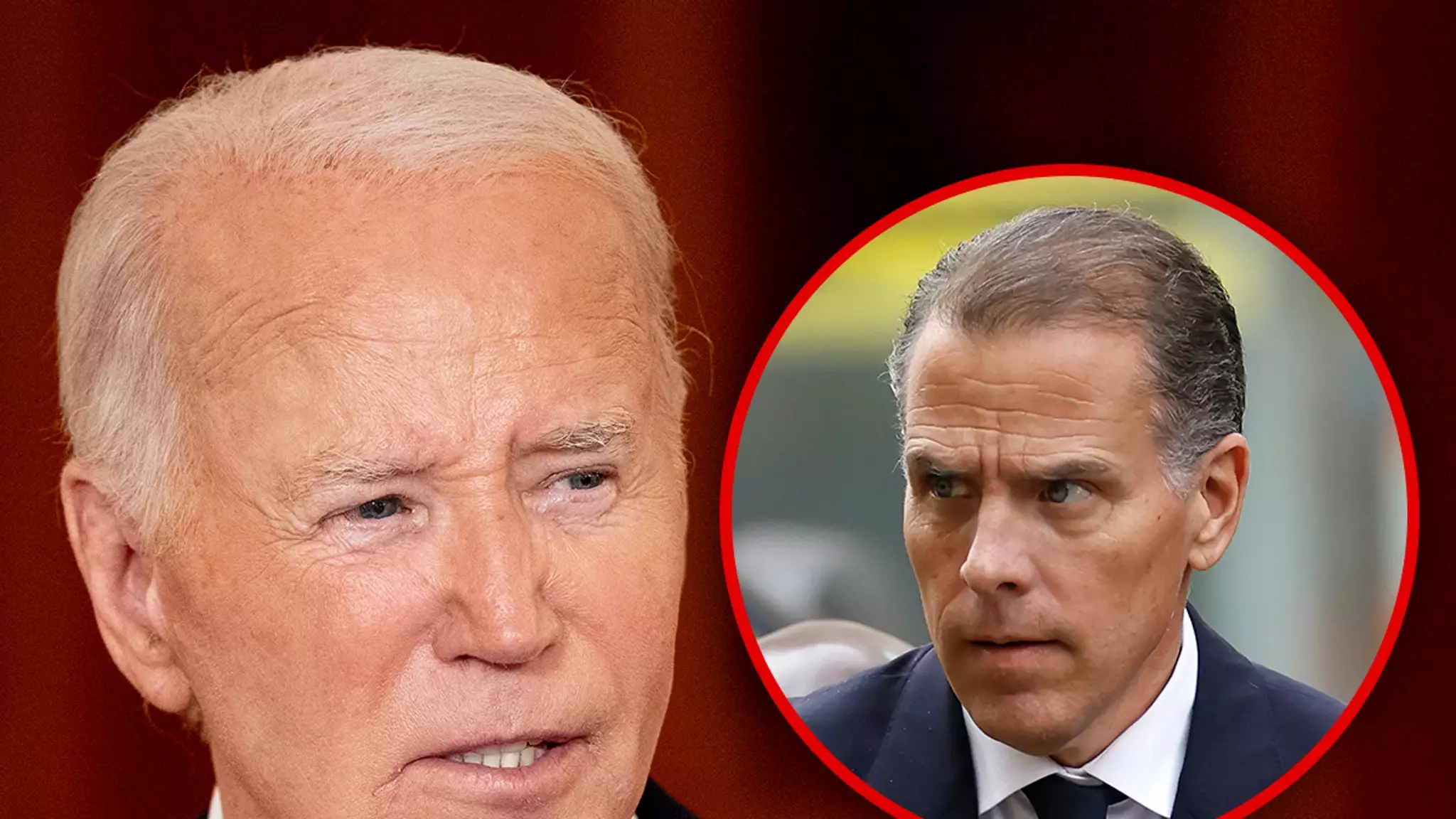In a country often embroiled in political scandals, the recent announcement by President Joe Biden declaring a pardon for his son, Hunter Biden, was met with mixed reactions. Many saw it as a politically charged maneuver, while others questioned the ethics behind such a familial decision. However, as investigations have shed light on the background of this pardon, it is clear that this was not a spontaneous or whimsical act, but rather the result of a carefully orchestrated plan.
Timing and Preparation
According to sources familiar with the administration’s inner workings, President Biden’s intention to pardon Hunter was not concocted overnight. Reports indicate that discussions regarding the pardon began over three months prior to the official announcement. This timeline poses intriguing questions about the motivations behind the pardon and illustrates how deeply intertwined the political realm is with personal issues. It seems that the substantial media coverage and public discourse regarding Hunter’s legal troubles triggered a response from the President, who sought to protect not only his son but also the integrity of his own administration.
The legal circumstances surrounding Hunter Biden’s case played a significant role in the eventual decision to offer a pardon. Initially, Hunter faced charges related to gun possession, which culminated in a conviction in June. At the same time, he was grappling with tax-related charges that were perceived by him and his legal team as “winnable.” The decision to plead guilty, despite feelings of potential acquittal, raises important questions about whether the plea was a strategic move designed with the forthcoming pardon in mind.
This strategic interaction between legal counsel and political maneuvering is pivotal to understanding the rationale behind Biden’s actions. With his son facing significant public scrutiny and legal challenges, Biden’s recollection of his own family being politicized in a highly charged atmosphere of investigation undoubtedly shaped his sentiments.
When President Biden announced the pardon, he emphasized the notion that Hunter was unfairly treated by the justice system, implying that similar offenses would typically result in lesser repercussions. This message resonates with many families unfairly targeted by an often-biased legal system, establishing a powerful narrative around the pardon. However, the public discourse around nepotism and favoritism has been amplified in the wake of this announcement, further complicating Biden’s political capital.
Despite Joe Biden’s previous assurances that he wouldn’t extend a pardon to his son, the eventual decision raises questions about the authenticity of political commitments when familial ties are at stake. It poses a challenge for the administration moving forward, as it must now manage the politics surrounding nepotism while ensuring the public’s trust is maintained.
In essence, the pardon of Hunter Biden illustrates a multifaceted intersection of legal strategy, familial loyalty, and political maneuvering. While the decision may have been framed as a protective measure against political weaponization, it also marks a significant moment in Biden’s presidency as he navigates the inherent tensions of family and policy. As the administration moves forward, the implications of this pardon will likely resonate in the corridors of power and in public opinion, shaping the narrative for both Biden and Hunter in the future.

